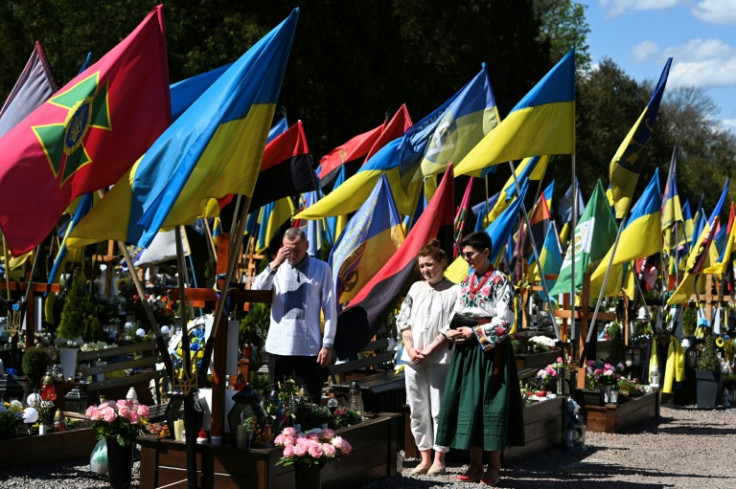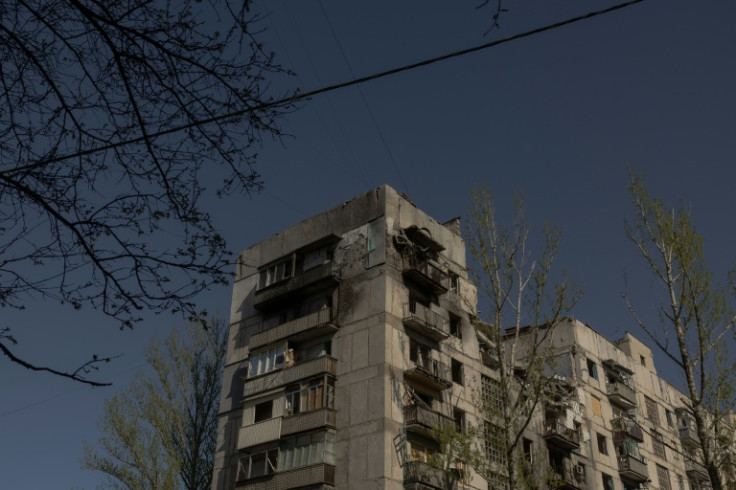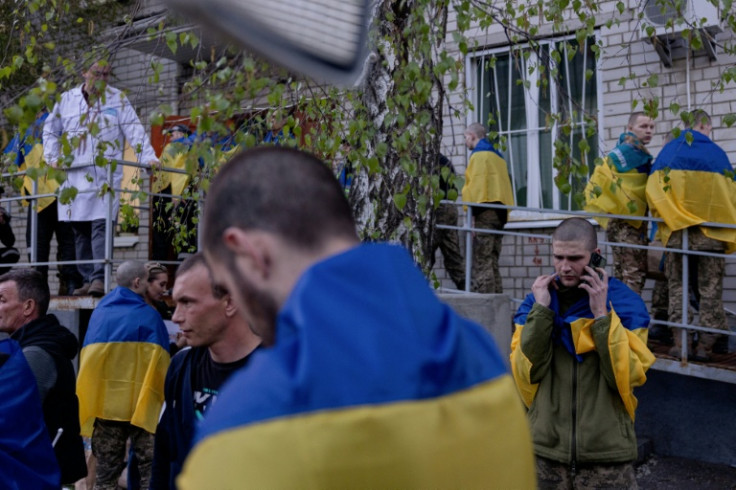
Russia launched a wave of aerial attacks at Ukraine on Monday in an abrupt end to a fragile 30-hour Easter truce between the two sides.
The renewed strikes, confirmed by both Moscow and Kyiv, cast doubt on Donald Trump's hopes for a broader ceasefire between the two sides, hours after the US President said he hoped a "deal" could be struck this week.
"With the end of the ceasefire, the Armed Forces of the Russian Federation continued to conduct the special military operation," the Russian army said in a statement, using its term for the military offensive.
Both sides had accused the other of thousands of instances of violating the supposed ceasefire, announced by Russian President Vladimir Putin on Saturday.
Just hours after the truce ended at midnight local time (2100 GMT) Sunday, Ukrainian officials reported renewed drone and missile strikes on the Dnipropetrovsk, Mykolaiv and Kherson regions.
Sergiy Lysak, the governor of Dnipropetrovsk, said Russia "launched drones" at the eastern region.
One home was damaged and a fire broke out at a food establishment, but no injuries have been reported, he said on Telegram.
Ukraine's air force said it downed 42 Russian attack drones in an overnight attack starting at 2:00 am on Monday (2300 GMT Sunday).
The surprise 30-hour ceasefire was declared by Putin on Saturday, who said it was motivated by "humanitarian reasons".
Both sides accused each other of numerous violations, but also reported a fall in the intensity the fighting.
Ukraine's President Volodymyr Zelensky said Sunday the ceasefire had seen a halt to air attacks, but accused Moscow of carrying out hundreds of front line raids.
Russia's defence ministry in turn said it had "repelled" Ukrainian assaults and accused Kyiv of launching hundreds of drones and shells, causing civilian casualties.
But it too said the intensity of fire from the Ukrainian side had been "considerably reduced" across the entire front line during the truce.
AFP journalists in eastern Ukraine on Sunday heard fewer explosions than usual and saw no smoke on the horizon.
Putin's ceasefire declaration came after US President Donald Trump said Friday he would end Washington's efforts to halt the war unless the two sides moved towards an accord.
On Sunday he expressed hopes the two sides could strike an agreement in the coming days, though did not elaborate on what he had in mind.
"Hopefully Russia and Ukraine will make a deal this week," he said on his Truth Social platform.
Trump had earlier tabled a ceasefire proposal, which was accepted by Ukraine but rebuffed by Russia.
Zelensky has repeatedly offered a full and unconditional 30-day ceasefire, which Putin rejected following a call with Trump last month.
The Ukrainian leader on Sunday proposed a more limited agreement to halt "any strikes using long-range drones and missiles on civilian infrastructure" for at least 30 days.
Kremlin spokesman Dmitry Peskov said that Putin had not given an order to extend the truce.
Beijing on Monday said it welcomed "all efforts" towards pausing the fighting.
"China is pleased to see all efforts that lead to a ceasefire, which is a necessary step towards peace. We hope that all parties concerned will continue to resolve the crisis through dialogue and negotiations," foreign ministry spokesman Guo Jiakun told a press conference.
Ukraine last week accused China of supplying weapons to Russia and said that at least 155 Chinese nationals had been recruiting to fight alongside Russia's army.
Beijing denied that its citizens had been recruited en masse by Russia and urged Chinese nationals not to take part in armed conflict.
In Kyiv, residents doubted peace was on the horizon more than three years after Russia launched its full-scale invasion of Ukraine.
Volodymyr Yaroslavsky, a 39-year-old manager, said he did not "trust" any Russian promise to halt the fighting.
"The war probably won't stop, some combat actions may stop for a while. But I don't think the war will end so quickly," he told AFP on Sunday after an Easter service.
In Moscow there were also hopes for an end to the fighting, though little desire to make concessions to Kyiv to bring about peace.
Vladimir, 65, told AFP: "Russia must be strong and powerful. There's no other solution, or we will be crushed."









